– One of the priorities of the Hungarian Council of Europe Presidency is to protect and promote national minorities. What kind of specific support can the Hungarians outside of our borders count on?
– The Council of Europe (CoE) is one of the most important European organizations for guaranteeing the rights of national minorities. After the Minority SafePack (European Citizens Initiative for the Protection of Indigenous Minorities ed.) was rejected by the European Commission, we decided to try to use the Hungarian Presidency to promote the rights of national minorities from the Council of Europe and provide strong support to Hungarian communities outside of our borders. We cannot imagine Hungarian foreign policy without Hungarian national policy. We are organizing four conferences on this topic: two in Hungary and two in Strasbourg. Their goal is to document the state of the rights of national minorities throughout Europe. In addition, we will consider how to move forward because the Council of Europe has a role in setting standards.
– From the perspective of Hungarian national minorities, those in Transcarpathia probably need the most support as the Ukrainian leadership has curtailed their language rights, and local Hungarians and their leaders are regularly pushed around by state authorities and threatened by nationalist organizations. Do you see any chance in the near future of Hungarian-Ukrainian relations easing and thereby improving the situation of Hungarians there?
– Since September 2017, when the Ukrainian parliament adopted the education law, we have indeed witnessed setbacks in the enforcement of minority rights – especially in the areas of languages and education rights. It is in the interest of the Hungarian government and the Hungarian community in Transcarpathia to come to some kind of agreement with Ukraine to regain these rights because,
if the central leadership puts pressure on given minorities, their leaders and educational institutions in other areas, they will soon be left without any perspective.
Over the past year, Foreign Minister Péter Szijjártó has regularly met with his Ukrainian counterpart in an effort to find common points to bridge the difficulties of our relations. Some of these are practical issues (such as infrastructure and construction reaching across both borders) that require cooperation, but it is just as important to make progress with national minority rights. This past week has been significant in this respect as the joint committee on education met in Budapest and debates are taking place in a constructive atmosphere regarding a number of issues. We are certain that this will provide results. This gives us cause for optimism, but we are still a long way from finding a truly reassuring, long-term solution for the Hungarians of Transcarpathia.
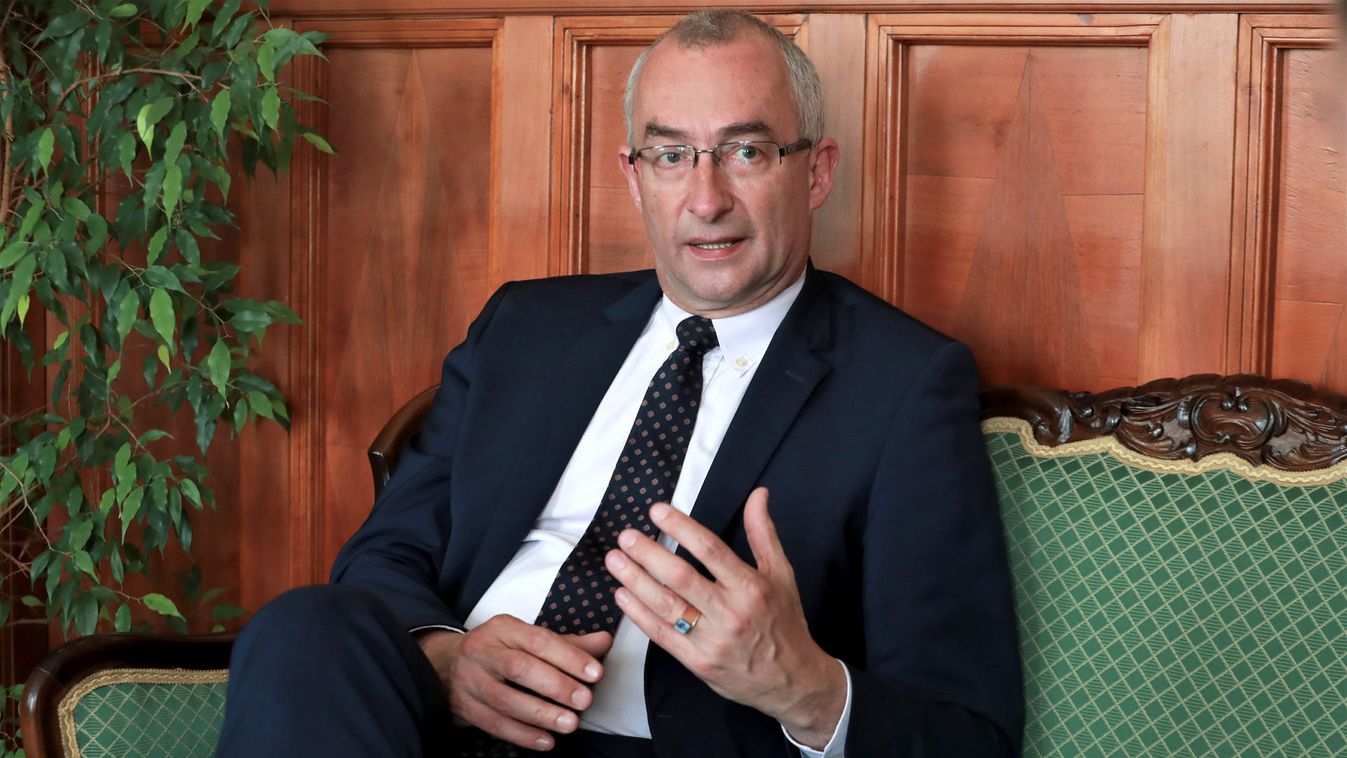


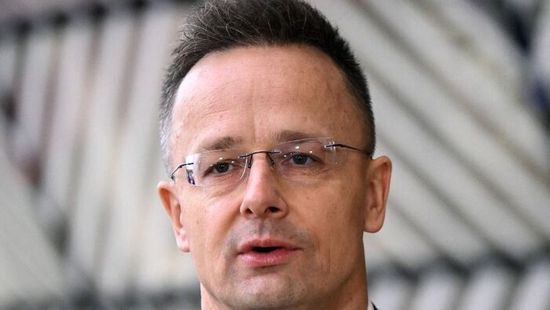
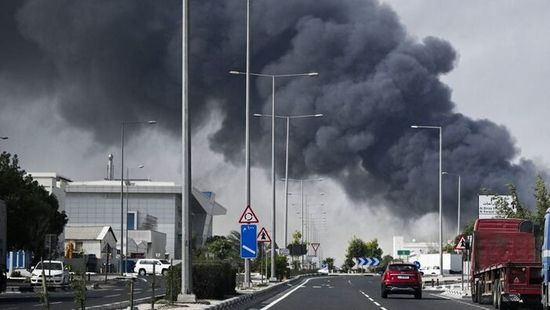
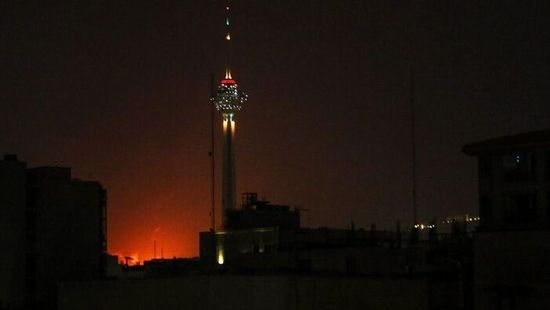

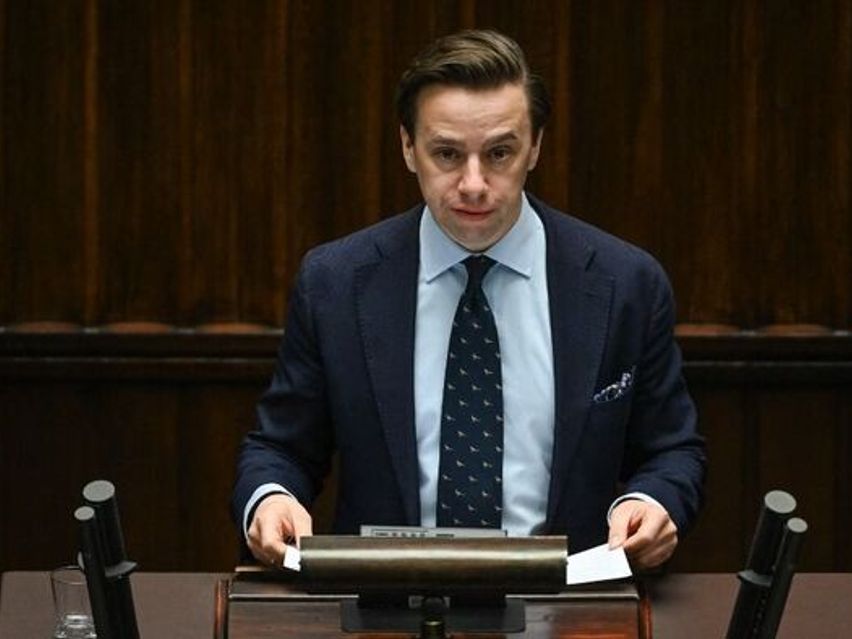
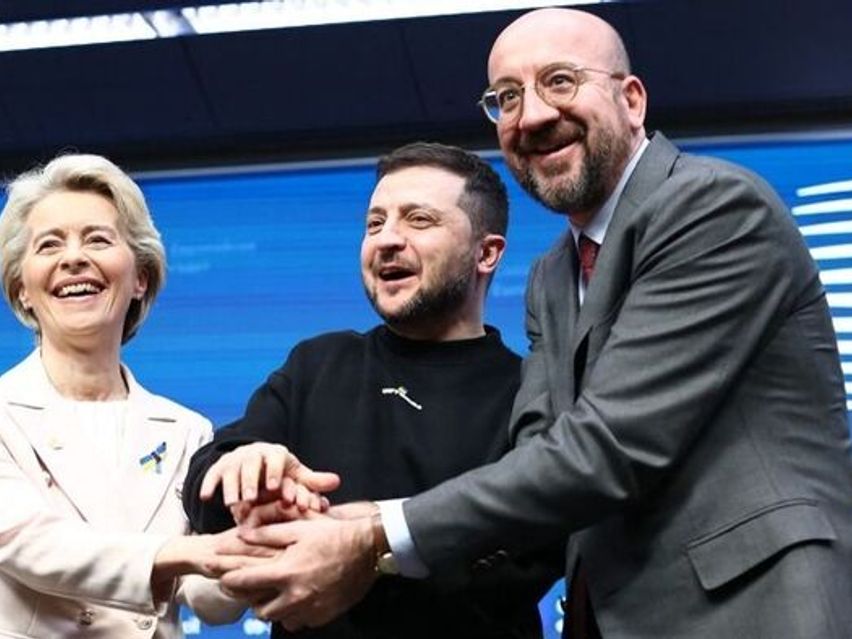
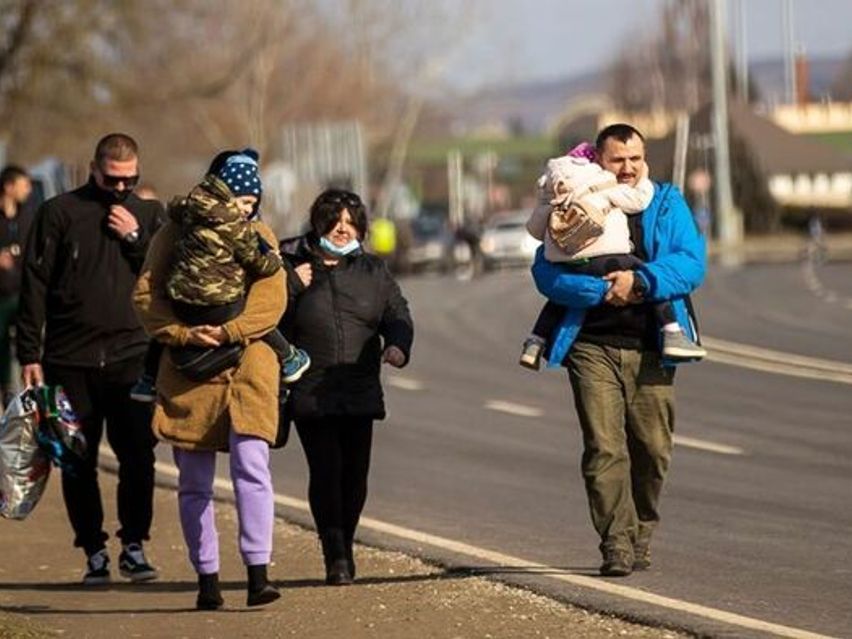
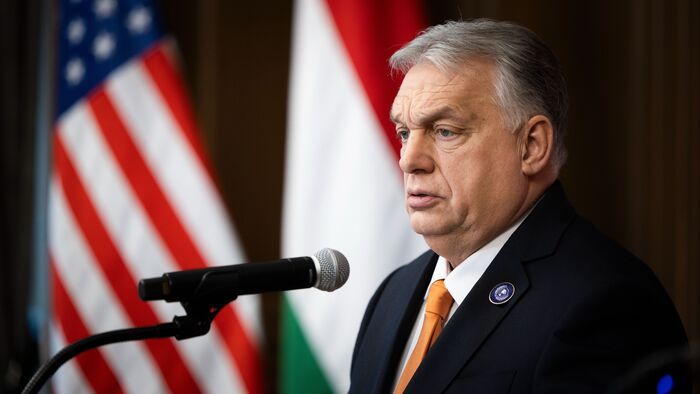


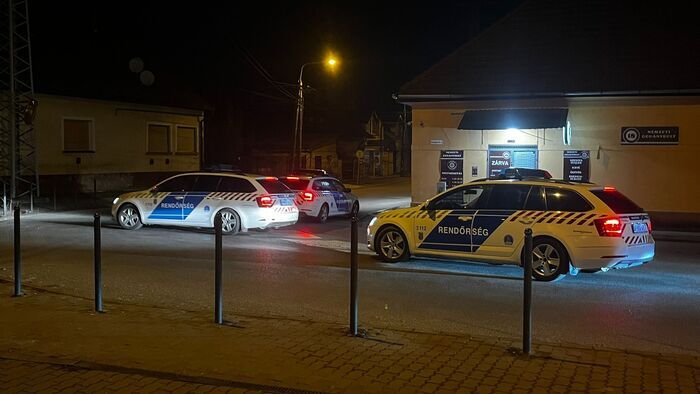
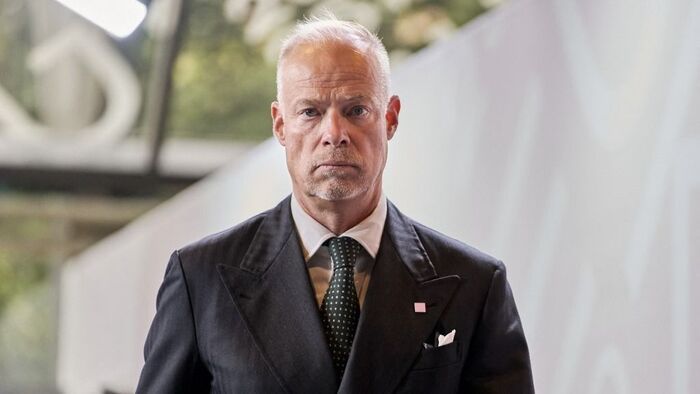
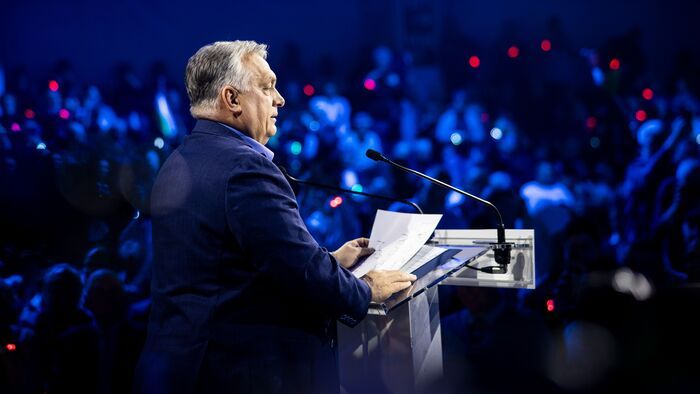
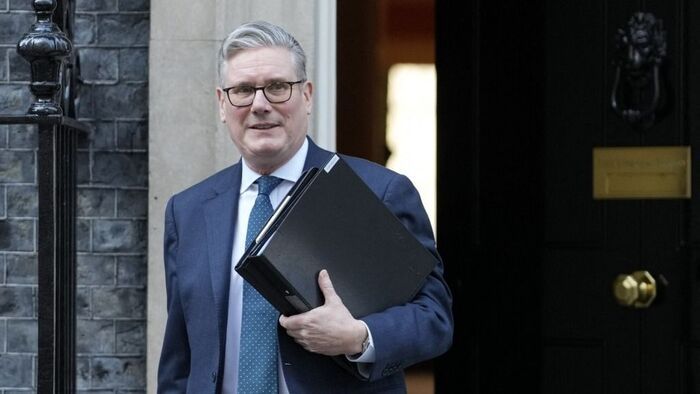
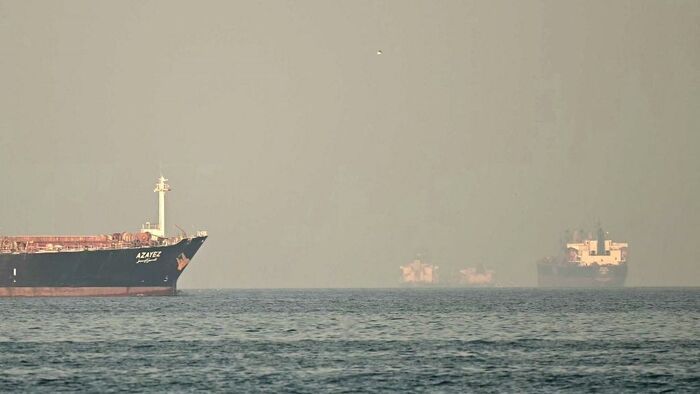
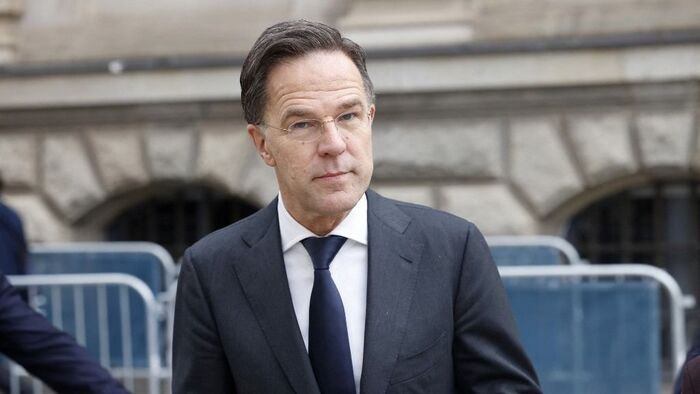


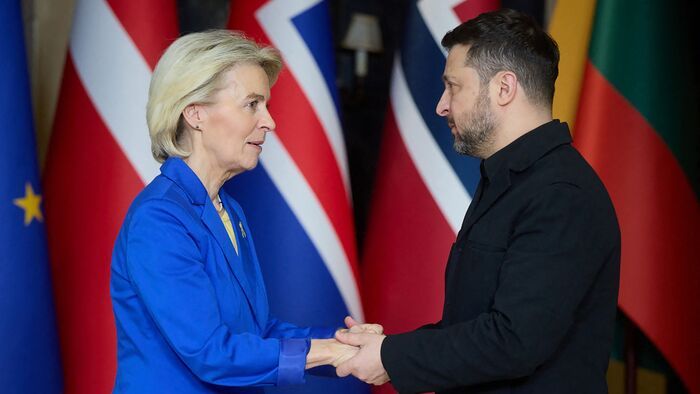


Szóljon hozzá!
Jelenleg csak a hozzászólások egy kis részét látja. Hozzászóláshoz és a további kommentek megtekintéséhez lépjen be, vagy regisztráljon!